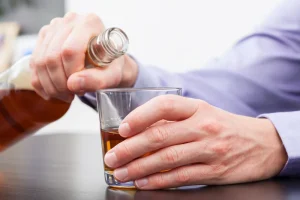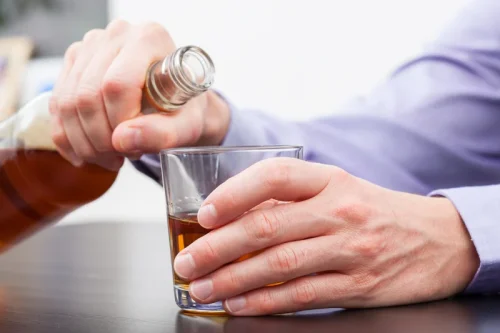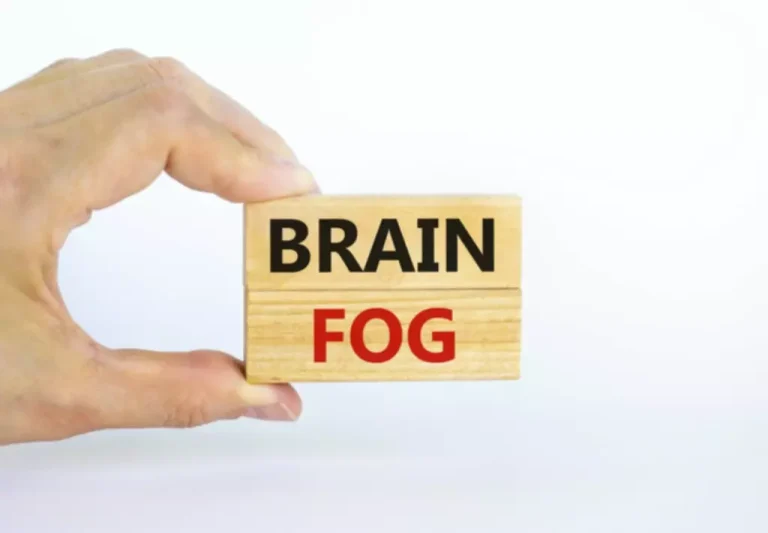
The brain uses billions of neurotransmitters to manage everything from our breathing to our heartbeat to our digestion. Although alcohol is often described as a ‘depressant’, that’s not quite the same as saying it will make you depressed. What alcohol does, though, is depress the body’s central nervous system – the system that lets our brain tell our body what to do. That means that alcohol makes us less co-ordinated, more accident-prone, and less aware of danger. Representative illustration of the mesocorticolimbic dopamine system in rat brain.
2.5. Human genetic evidence: alcohol dependence and dopamine
- It’s worth noting that the relationship between alcohol and dopamine is not entirely straightforward.
- At the 6‐month follow‐up, 79% of the patients on clozapine were in remission from a diagnosis of alcohol dependence, while approximately 33% of those not taking clozapine were in remission 148.
- Thiamine deficiency in alcohol dependence occurs because of poor absorption of thiamine from the GI tract, impaired thiamine storage and reduced thiamine phosphorylation in the brain, reducing the amount of active thiamine in the brain.
- Alcohol shares this property with most substances of abuse (Di Chiara and Imperato 1988), including nicotine, marijuana, heroin, and cocaine (Pontieri et al. 1995, 1996; Tanda et al. 1997).
- While having a drink from time to time is unlikely to cause health problems, moderate or heavy drinking can impact the brain.
- Patients were instructed to take one tablet on days when they perceived a risk of drinking alcohol.
Dopamine’s effects on neuronal function depend on the specific dopamine-receptor subtype that is activated on the postsynaptic cell. For example, different subpopulations of neurons in the striatum carry different dopamine receptors on their surfaces (Le Moine et al. 1990, 1991; Gerfen 1992). Dopamine binding to D1 receptors enhances the excitatory effects that result from glutamate’s alcohol and dopamine interaction with a specific glutamate receptor subtype (i.e., the NMDA receptor4).
Nicotine’s Long-Term Effects on the Brain: Dopamine Release and Cognitive…

Collectively, these data indicate that indirect modulation of dopamine signalling might be a potential target for novel treatment strategies for alcohol dependence and that these targets should be investigated in more detail in human laboratory studies as well as randomized clinical trials. It should also be mentioned that these typical antipsychotic agents might have effects on other receptors including dopamine D1, https://ecosoberhouse.com/ 5HT2 and alpha1 receptors. As reviewed above, the acute reinforcing effects of addictive drugs, including alcohol, could be mediated by increased dopamine release in the NAc, activating dopamine D2 receptors 71, 27, 30. Thus, traditional dopamine D2 receptor antagonists have been evaluated as potential treatment targets for alcohol dependence based on the hypothesis that they are expected to block the rewarding effects of alcohol. Based on this clinical finding and the knowledge that olanzapine also has a high affinity for the D4 receptors, it was hypothesized whether the dopamine receptor D4 gene maybe involved in meditating its clinical effects. These data are supported by the findings that olanzapine reduces craving for alcohol at baseline for both individuals with the DRD4 shorter and longer allele, but only reduces craving after exposure to alcohol cues and after a priming dose of alcohol for individuals with the DRD4 longer allele 166.
Borderline Personality Disorder : A Comprehensive Approach to Diagnosis and Management

In addition to dementia, long-term alcohol use can lead to other memory disorders like Korsakoff syndrome or Wernicke’s encephalopathy. Understanding these individual variations is crucial for developing personalized approaches to alcohol use prevention and treatment. It highlights the need for tailored interventions that take into account a person’s unique genetic makeup, drinking history, and personal circumstances. Autonomic, or visceral, responses regulate the involuntary bodily functions, such as heart rate, blood pressure, and gastrointestinal activity. The term “dopaminergic” refers to both the neurons Substance abuse and the signaling processes that use dopamine. These findings could explain why men are more than twice as likely as women to develop an alcohol use disorder.

6.2. Clinical evidence for the use of indirect modulation of dopamine for the treatment of alcohol dependence
Being aware of alcohol’s effects on brain chemistry can help individuals make more informed decisions about their drinking habits. Maintaining dopamine balance is crucial for overall brain health, extending beyond just alcohol-related concerns. Dopamine is involved in various cognitive functions, including motivation, attention, and motor control.
Topiramate is another agent used in alcohol dependence which is not only effective in reducing alcohol craving but also reducing symptoms of depression and anxiety. Alcohol acts presynaptically at the GABA neuron,, increasing GABA release and postsynaptically enhancing GABA receptor action. The dysfunction of these systems is responsible for acute alcohol intoxication, alcohol dependence, and withdrawal syndrome. Neuroscience News is an online science magazine offering free to read research articles about neuroscience, neurology, psychology, artificial intelligence, neurotechnology, robotics, deep learning, neurosurgery, mental health and more. The “pause” phase, on the other hand, which causes a dip in acetylcholine release from the CINs, is crucial for reversal learning, where new behaviors replace outdated ones.
- Large molecules, like opiates or amphetamines, only stimulate a specific neurotransmitter.
- The Wang team continues to explore how CIN dynamics impact brain health, aiming to translate their discoveries into innovative treatments for a variety of brain disorders.
- By understanding the intricate relationship between alcohol, dopamine, and addiction, we can develop more effective strategies for prevention, intervention, and treatment.
- It has been shown that varenicline reduce alcohol intake and alcohol‐seeking behaviour in long‐term drinking rats 205 and modulate NAc dopamine after systemic administrations of alcohol alone and in combination with nicotine 206.
He also reviews and advises on policies, procedures, and techniques for treating substance use disorder. Into Action Recovery Centers takes pride in providing a high level of treatment and a holistic approach to recovery for those who suffer from addiction. Our staff includes master’s level counselors, licensed chemical dependency counselors, 24-hour nursing professionals, a staff psychiatrist, a staff chef, and direct care personnel.
